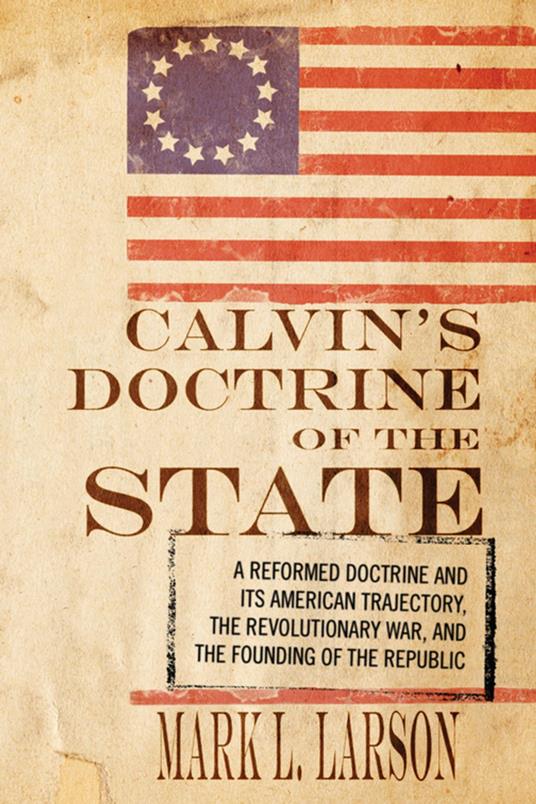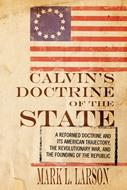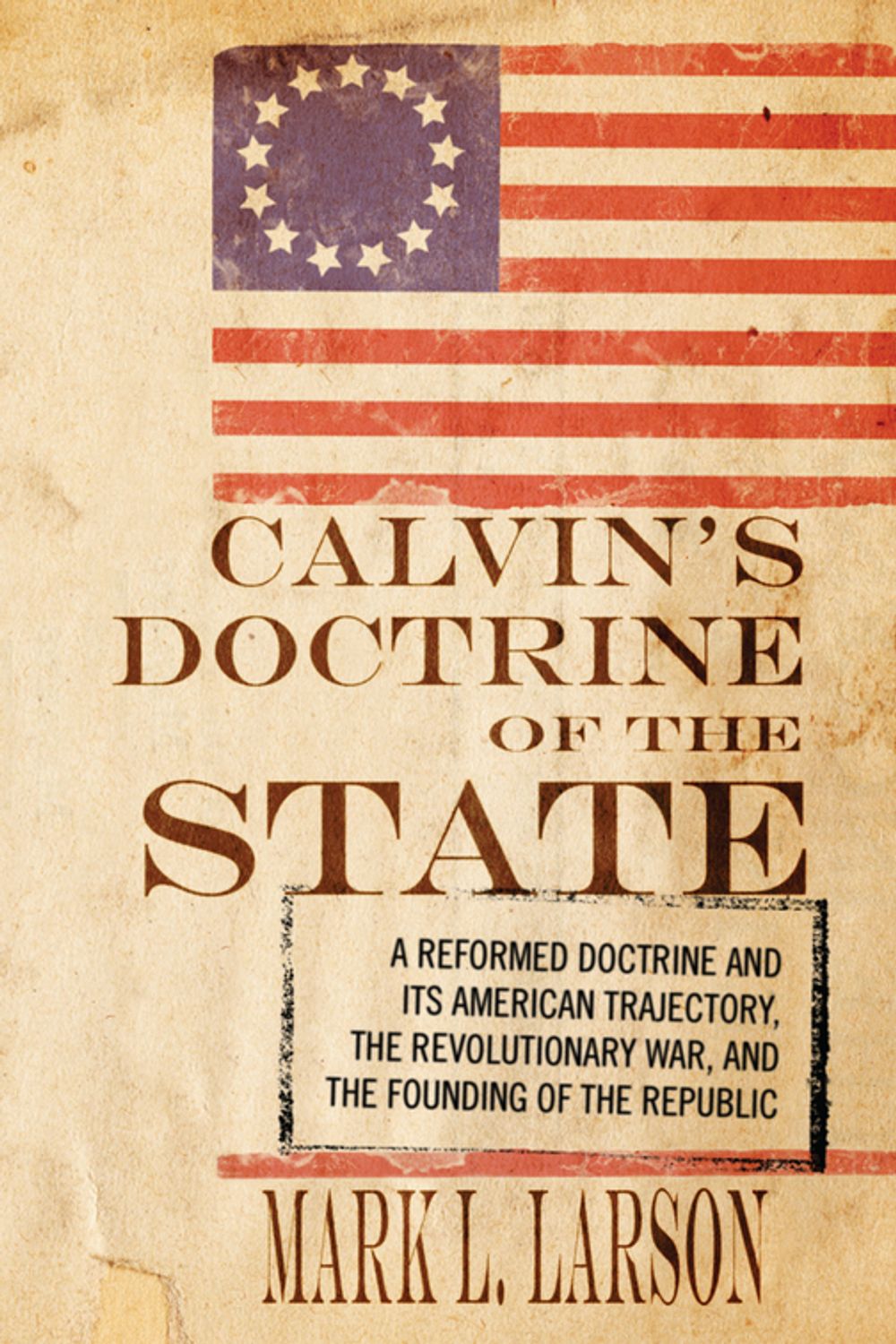Calvin's Doctrine of the State
Contemporary treatments of Calvin's political views often imply that he embraced a theocratic civil polity and that he was committed to holy war doctrine. On the basis of the primary sources, the first half of this volume argues that neither position is correct. Calvin, in his political thought, maintained the superiority of a republic as a civil polity. In addition, he placed himself firmly within the medieval just war tradition that was established by Augustine of Hippo and later reaffirmed by Thomas Aquinas. In terms of his commitment to classical just war teaching, Calvin stood in continuity with Martin Luther, even while he distanced himself from the holy war perspective of the Zurich Reformers Henry Bullinger and Peter Martyr Vermigli. In the thinking of Calvin, a war could only be authorized by the state, not the church. War had to be prosecuted with humanity and restraint, and not in the tradition of the medieval crusade. The second half of the book sets forth what Calvin actually believed on the matter of government and war. Here we examine his teaching on parliamentary resistance to monarchical tyranny and the full dimensions of his commitment to justice of war categories. Unlike Luther and Bullinger, Calvin provided a parliamentary remedy for the perennial evil of tyranny. With Vermigli and Theodore Beza siding with Calvin on this right, a body of Reformed doctrine was established to which succeeding generations could appeal for teaching, direction, and justification for taking up arms. It is clear that Calvin's political legacy is profoundly evident in the American Revolutionary War and in the constitutional determination for a republic in the United States of America. Calvin's ecclesiastical republicanism, as it came to fruition in Presbyterian church government, was a powerful impetus toward the creation of republican institutions in civil government.
-
Autore:
-
Anno edizione:2009
-
Editore:
-
Formato:
-
Lingua:Inglese
Formato:
Gli eBook venduti da Feltrinelli.it sono in formato ePub e possono essere protetti da Adobe DRM. In caso di download di un file protetto da DRM si otterrà un file in formato .acs, (Adobe Content Server Message), che dovrà essere aperto tramite Adobe Digital Editions e autorizzato tramite un account Adobe, prima di poter essere letto su pc o trasferito su dispositivi compatibili.
Cloud:
Gli eBook venduti da Feltrinelli.it sono sincronizzati automaticamente su tutti i client di lettura Kobo successivamente all’acquisto. Grazie al Cloud Kobo i progressi di lettura, le note, le evidenziazioni vengono salvati e sincronizzati automaticamente su tutti i dispositivi e le APP di lettura Kobo utilizzati per la lettura.
Clicca qui per sapere come scaricare gli ebook utilizzando un pc con sistema operativo Windows



